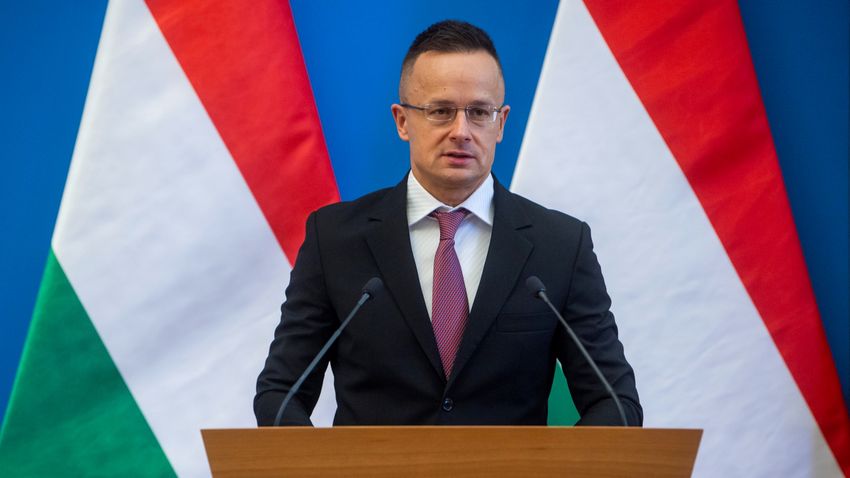Hungary has witnessed record levels of foreign investment, record export figures and economic growth of almost double that of the European Union average since Viktor Orbán’s Fidesz party came to power in 2010, the country’s Minister of Foreign Affairs and Trade Péter Szijjártó revealed on Monday.
Speaking at the opening of a factory in Bonyhád, southwestern Hungary, Szijjártó hailed the economic successes of the government despite having to steer the country through a global pandemic, and added that tax cuts had been a key pillar of its economic strategy.
“The Hungarian economy has come a long way in the recent period and has achieved serious success despite the extraordinary difficulties. This required the government’s investment-friendly, job-creating policies,” Szijjártó told those in attendance.
[pp id=16634]
“Twelve years ago, we were at the end of the European Union rankings, we were put to shame, while today we are at the forefront,” he added.
“If there was such a competition, I think they could give us the European Championship title in terms of tax cuts,” the minister quipped, adding that there are currently 1 million more people working in the country today than in 2010.
Szijjártó was speaking at the opening of a factory for manufacturer Knipl Kft., which has been assisted by a state-backed investment of €758,000. The government initiative has helped to preserve 345 jobs at the factory, and many more across the country.
[pp id=9089]
“The 1,434 brave companies that have decided to launch an investment of €4.5 million over the past two years as part of the government’s robust investment promotion program play a major role in good economic performance, saving 270,000 jobs,” Szijjártó said, adding that Hungarian-owned companies have become so strong that about 80 percent of the mentioned companies announcing developments have come out of them.
The minister pointed out that 16 companies in the southwestern Tolna County took advantage of the opportunity, making a total of €22.7 million worth of investments with the government’s support of €10.7 million, thus helping to preserve 2,200 jobs. He added that the county had an unemployment rate of around 10 percent in 2010, which has now fallen below the national average of 2.2 percent.
Szijjártó insisted it was vital for Hungary to continue to support its strong economy in the wake of the war in neighboring Ukraine, and warned of the consequences that could bring to the country.






